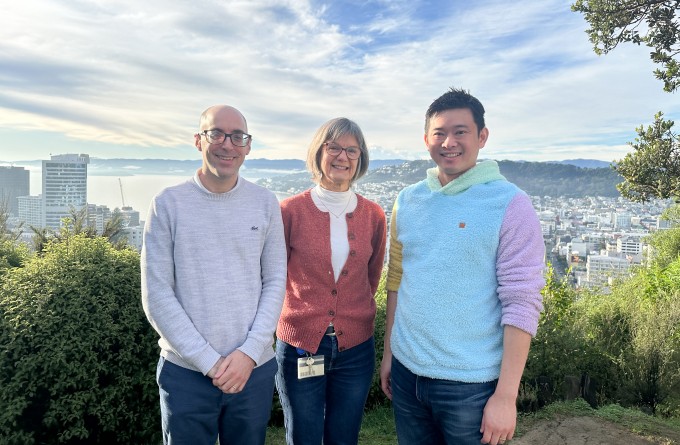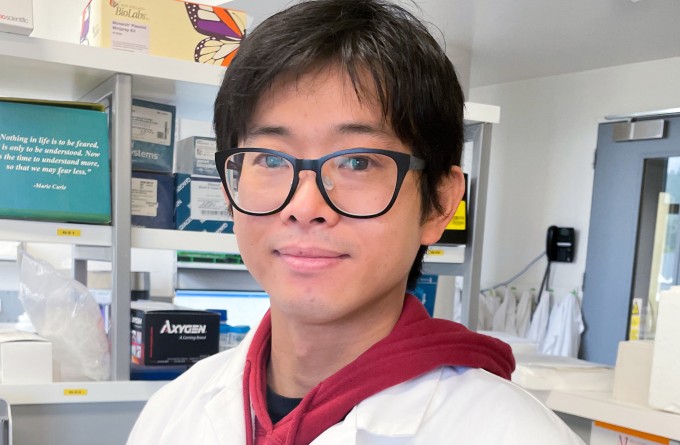Dr Sotaro Ochiai
Postdoctoral Research Fellow
Dr Sotaro Ochiai undertook his PhD with the University of Otago under the supervision of Professor Graham Le Gros and Professor Franca Ronchese. His thesis focused on how immune cells in the skin respond in allergic conditions, identifying a subset of dendritic population that specialises in priming allergic responses.
Sotaro went on to work as a postdoctoral researcher at RIKEN in Japan for five years before returning to the Malaghan Institute in 2022. His research in Japan focused on how immune cell derived cytokines can affect sensory nerves during skin allergy.
He is currently a postdoctoral research fellow in the Ronchese Laboratory.
Research Interests
"I have always been interested in how skin allergic responses are initiated, developed and sustained. For many patients with skin conditions such as atopic dermatitis and psoriasis, skin lesions appear to resolve with treatment and therapy, but lesions often recur with time. This is potentially due to non-circulating resident memory T-cells that persists in the skin long after lesions are resolved. These resident memory T-cells have a capacity to respond rapidly and have strong effector functions.
"My current research project investigates how these cells could affect other leukocytes and non-immune cells in tissue that appear to have healed. I believe enhancing our understanding of their function would provide an opportunity to come up with a better strategy for managing chronic and recurring skin disease conditions."
2024
Ronchese F, Webb GR, Ochiai S, Lamiable O, Brewerton M (2024). How type-2 dendritic cells induce Th2 differentiation: Instruction, repression, or fostering T cell-T cell communication? Allergy. 2024 Sep 26.


